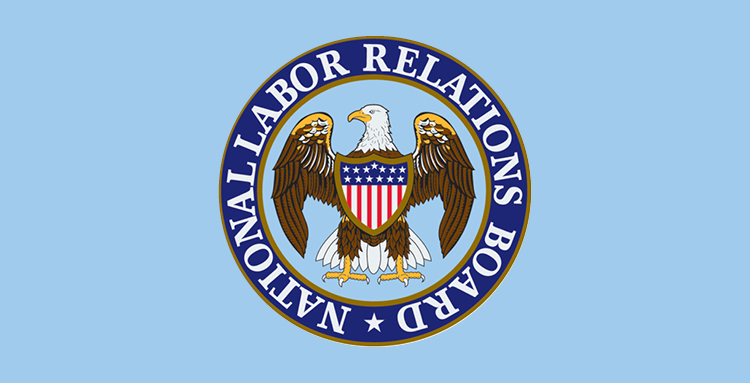NLRB Ruling Impacts Severance Agreements

The following article was first posted by Carmody Torrance Sandak Hennessey LLC as part of the firm’s Carmody@Work labor and employment series. It is reposted here with permission.
The National Labor Relations Board recently issued a ruling in McLaren Macomb, 2023, finding that broad confidentiality and non-disparagement clauses in severance agreements violate the National Labor Relations Act.
In McLaren, a hospital furloughed 11 employees and offered them each a severance agreement and general release that contained standard confidentiality and non-disparagement provisions.
The NLRB held that merely offering a severance agreement that contained unlawful confidentiality and non-disparagement provisions violated the NLRA.
The board reasoned that conditioning the receipt of severance benefits on the “forfeiture of statutory rights plainly has a reasonable tendency to interfere with, restrain, or coerce the exercise of those rights.”
The NLRB’s decision overruled prior decisions holding that such provisions are only illegal in certain cases.
The NLRB’s decision applies to all employers, regardless of whether the employer has a union or not.
However, the decision only applies to “employees” under the NLRA and does not apply to workers who are properly classified as supervisors or managers under the Act.
What Does This Decision Mean for Employers?
There are a few takeaways for employers.
- Review/Revise Confidentiality and Non-Disparagement Provisions
- The decision does not outright ban confidentiality and non-disparagement provisions. Rather, the decision provides that such clauses are permissible only if they are “narrowly tailored.”
- Employers should review the confidentiality and non-disparagement provisions included in severance agreements provided to non-supervisory employees to determine if it they are overly broad. If so, employers should consider removing the provisions or narrowing them to be compliant with the NLRA.
- Consider a Savings Clause
- Employers may wish to include a provision explicitly stating that the severance agreement does not preclude an employee from assisting or communicating with employees or former employees about terms or conditions of employment and does not preclude the employee from filing a charge with the NLRB.
- Such a “savings” clause will likely not exculpate employers who include overbroad provisions, but it can help mitigate risk.
- Severability Clauses
- Severance agreements should include a severability clause stating that any provision found to be unlawful or unenforceable shall be construed narrowly, and the remaining provisions shall continue to be given full force and effect.
Legal Challenges
Despite the NLRB’s ruling, some employers may do nothing and wait to see if the decision is challenged in court.
This is especially true for non-union employers where the practical risk that such provisions are challenged is lower than for unionized employers.
However, employers that do not revise or eliminate overly broad language face the risk of legal challenge.
Employers are well advised to consult with their employment counsel to determine the best approach.
About the author: Nick Zaino is a partner at Carmody Torrance Sandak & Hennessey. He is co-leader of the firm’s business services group, and primarily practices labor and employment law.
RELATED
EXPLORE BY CATEGORY
Stay Connected with CBIA News Digests
The latest news and information delivered directly to your inbox.


